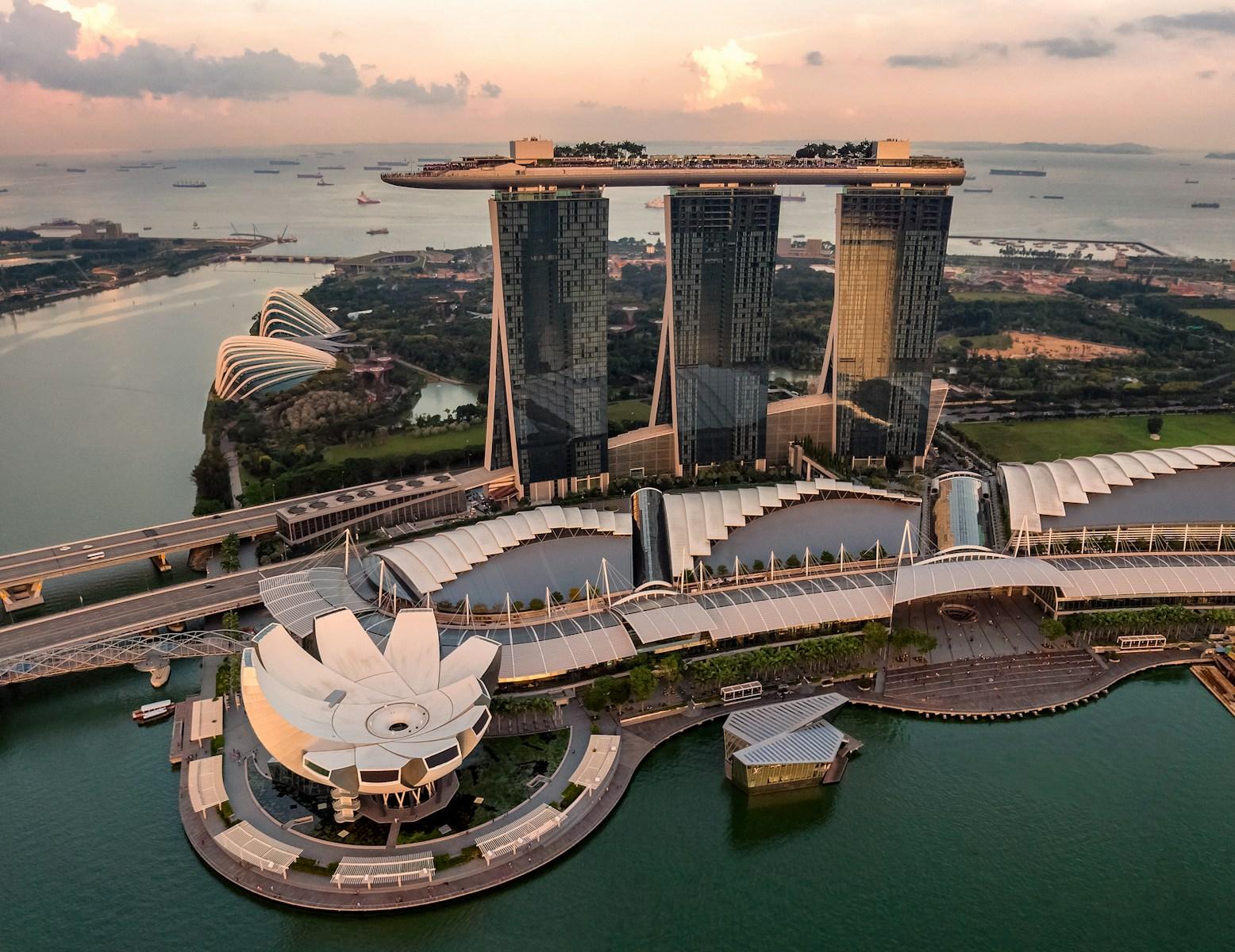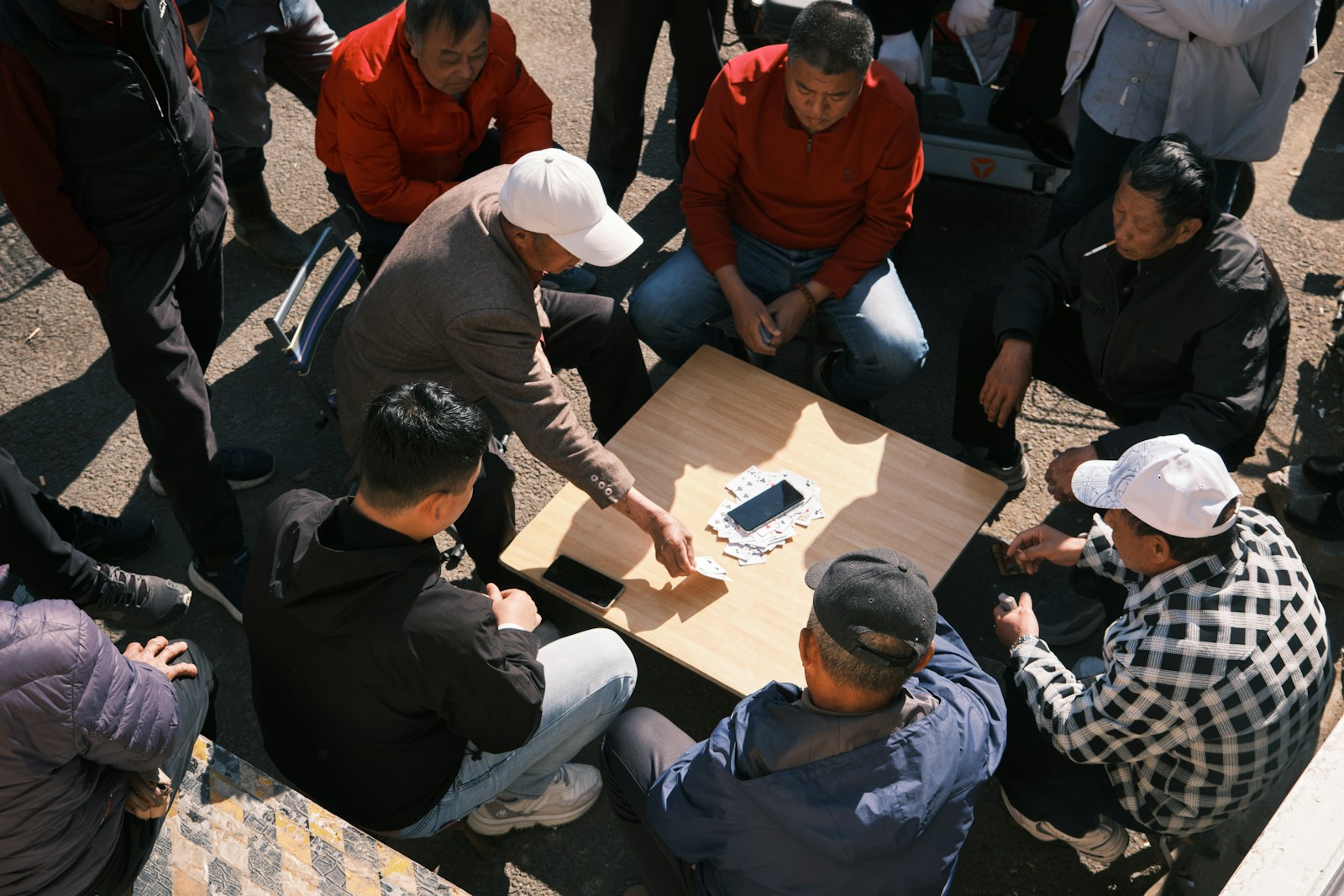Singapore Africa trade is entering a dynamic new phase, driven by visionary strategies, long-term investment plans, and a mutual recognition of economic potential. As Africa emerges as one of the most promising regions globally—fuelled by rapid urbanisation, an expanding middle class, and digital innovation—Singapore is strategically positioning itself as a gateway between the two continents. This article explores the bold moves that are reshaping trade and investment ties between Singapore and Africa, and what they mean for global commerce.
1. Singapore Africa trade: Multi-Billion Dollar Investments in Key Sectors
Singapore has quietly but steadily deepened its financial footprint in Africa. As of 2023, Singapore-based companies had invested over US$20 billion across the continent. These investments span crucial sectors like agri-commodities, consumer goods, infrastructure, and logistics. Leading companies like Wilmar and Tolaram have not only established long-standing operations in Africa but have also become household names.
What makes these investments unique is their long-term nature. Rather than pursuing quick profits, Singaporean firms are embedding themselves into African economies. They’re partnering with local businesses, training local talent, and building infrastructure that will outlast current market cycles.
This long-term vision aligns with Africa’s growth trajectory. As the continent urbanises and industrialises, demand for goods, services, and infrastructure is set to explode—creating the perfect conditions for sustained economic collaboration.
Singapore Africa trade-Case Study: Wilmar’s Agribusiness Footprint
Wilmar, one of Singapore’s leading agri-businesses, has established extensive operations in Nigeria, Ghana, and other West African countries. From palm oil production to packaged food, the company illustrates how Singapore businesses can integrate deeply into African supply chains while contributing to local employment and food security.
2.Singapore Africa trade: Ports, Logistics, and Urban Transformation
Another pillar of the growing Singapore Africa trade relationship is infrastructure—particularly in ports and logistics.
With its global reputation for efficient port operations and urban planning, Singapore is helping Africa address critical connectivity gaps.
Companies like Surbana Jurong and Meinhardt are bringing Singapore’s world-class expertise in township planning and smart cities to African nations. In countries where rapid urbanisation is outpacing infrastructure development, these partnerships are providing scalable, sustainable solutions.
For example, port authorities in Africa are increasingly seeking partnerships with Singaporean experts in terminal management and digital logistics. These collaborations are vital in unlocking intra-African trade under the African Continental Free Trade Area (AfCFTA), by ensuring smoother cargo handling, digitised customs processes, and faster turnaround times.
Singapore Africa trade-Internal Collaboration and Local Insights
Singapore’s strategy isn’t just about exporting expertise—it’s about co-creation. Local African engineers, planners, and governments are integral to the design and implementation of infrastructure projects. This emphasis on partnership, rather than dominance, is one of the reasons why Singaporean firms are gaining trust across the continent.
To see how other global economic stories intersect with this, check out our analysis on Brazil coffee tariffs and how international trade policies affect consumer prices worldwide.
Singapore Africa trade: Expanding Infrastructure and Smart City Partnerships
Singapore has expressed strong interest in Africa’s booming infrastructure and smart city sectors. As urbanisation spreads rapidly across the continent, the need for efficient, sustainable, and technologically advanced cities is becoming urgent. Singapore, renowned for its smart urban planning, sees this as a natural space to contribute expertise and resources.
Under various public-private partnerships, Singaporean companies are helping African cities improve transport systems, water management, waste treatment, and energy grids. These projects not only support development goals but also align with climate resilience and environmental sustainability.
For instance, urban mobility solutions and digital infrastructure systems being piloted in Kenya and Rwanda draw directly from Singapore’s successful models.
Singapore Africa trade: Digital Economy and E-commerce Growth
The digital economy is another pillar of the growing Singapore Africa trade relationship. With mobile penetration increasing across Africa, the continent is experiencing a digital revolution — creating immense potential for fintech, e-commerce, and digital services.
Singaporean firms and investors are stepping in to support digital inclusion by developing platforms for secure online payments, logistics, and cross-border trade facilitation. This momentum is especially evident in markets like Nigeria, South Africa, and Egypt, where e-commerce is rapidly expanding.
In line with this trend, strategic cooperation was discussed at the recent Africa-Singapore Business Forum, which emphasised the role of digital trade frameworks and regional connectivity hubs.
Education, Skills Transfer, and Talent Development
Another vital dimension of the Singapore Africa trade relationship is education and human capital development. As African economies evolve, the demand for skilled labor in technology, logistics, finance, and engineering is rising significantly.
Singapore-based institutions are forming partnerships with African universities and training centers to provide technical and vocational education.
These collaborations aim to equip young Africans with globally competitive skills while also addressing the talent needs of industries expanding across the continent.
Through initiatives such as scholarships, online learning platforms, and in-country training programs, Singapore contributes to narrowing the education gap and fostering entrepreneurship. The model focuses on long-term value creation by investing in people, not just infrastructure.
Trade minister: Singapore will deepen business ties with Africa
Africa is one of the world’s most dynamic regions, with rapid urbanisation, accelerating industrialisation, and a growing middle class driving consumption. Africa continues to present significant growth opportunities, even amidst current global uncertainty.
Singapore’s trade and investments with Africa have been growing over the years. Our volume of merchandise trade has grown at a compounded annual growth rate of 10.6%over the last five years. Singapore-based companies have invested over US$20 billion in Africa as of 2023. Singapore companies such as Wilmar and Tolaram have been in Africa for many years and have become household names in agri-commodities and FMCG. More Singapore companies are now looking towards Africa as a strategic destination for diversification. Commercial interests are moving beyond trading, to long-term investments in sectors such as ports and logistics, infrastructure, and urban services such as township master-planning and smart city solutions.
In ports and logistics, Singapore companies with expertise in port operations and airport management are relevant to Africa’s infrastructure and connectivity priorities. In urban solutions, companies like Surbana Jurong and Meinhardt can support Africa’s rapid urbanisation. With Singapore’s experience in urban planning and development, we can contribute meaningful solutions in areas like township master-planning and smart city solutions.
In my travels to Africa, I’ve witnessed how the digital and green economy is another exciting space with great potential for collaboration. Africa continues to experience a digital revolution, particularly in fintech and e-commerce. And I believe Singapore’s advanced digital ecosystem and regulatory framework can continue to support this transformation. We are already collaborating in fintech and digital trade solutions.
At the governmental level, Singapore has been working with various African countries to strengthen our supporting trade architecture. To date, we have signed 10 Bilateral Investment Treaties (BITs) and 14 Avoidance of Double Taxation Agreements (DTAs). These agreements provide investors from both sides with greater regulatory certainty for investors and give our businesses more confidence to expand into Africa and vice versa. We also hope to work towards Singapore’s first Free Trade Agreement with an African partner, which would mark a milestone in our economic relationship with the continent.
The emerging carbon credits market is promising too. We have signed two Implementation Agreements on carbon credits collaboration with Ghana and Rwanda. These agreements established a framework for the generation and transfer of carbon credits from projects aligned with Article 6 of the Paris Agreement. I have travelled to both Ghana and Rwanda and connected businesses to potential opportunities in this space. I look forward to companies using these Agreements to develop high-quality carbon credit projects.
What will be the biggest challenges for deepening Singapore-Africa economies ties?
The current global economic uncertainties present great opportunities for us to deepen our economic ties. As businesses look to diversify their markets and supply chains, our complementary strengths can help. The key is to maintain momentum in our engagements and to continue building bridges between our business communities.
One of the main challenges is the knowledge gap among Singapore companies about African markets, and limited awareness among African businesses about opportunities in Singapore and Southeast Asia. This is unsurprising, given the geographical distance between our regions.




